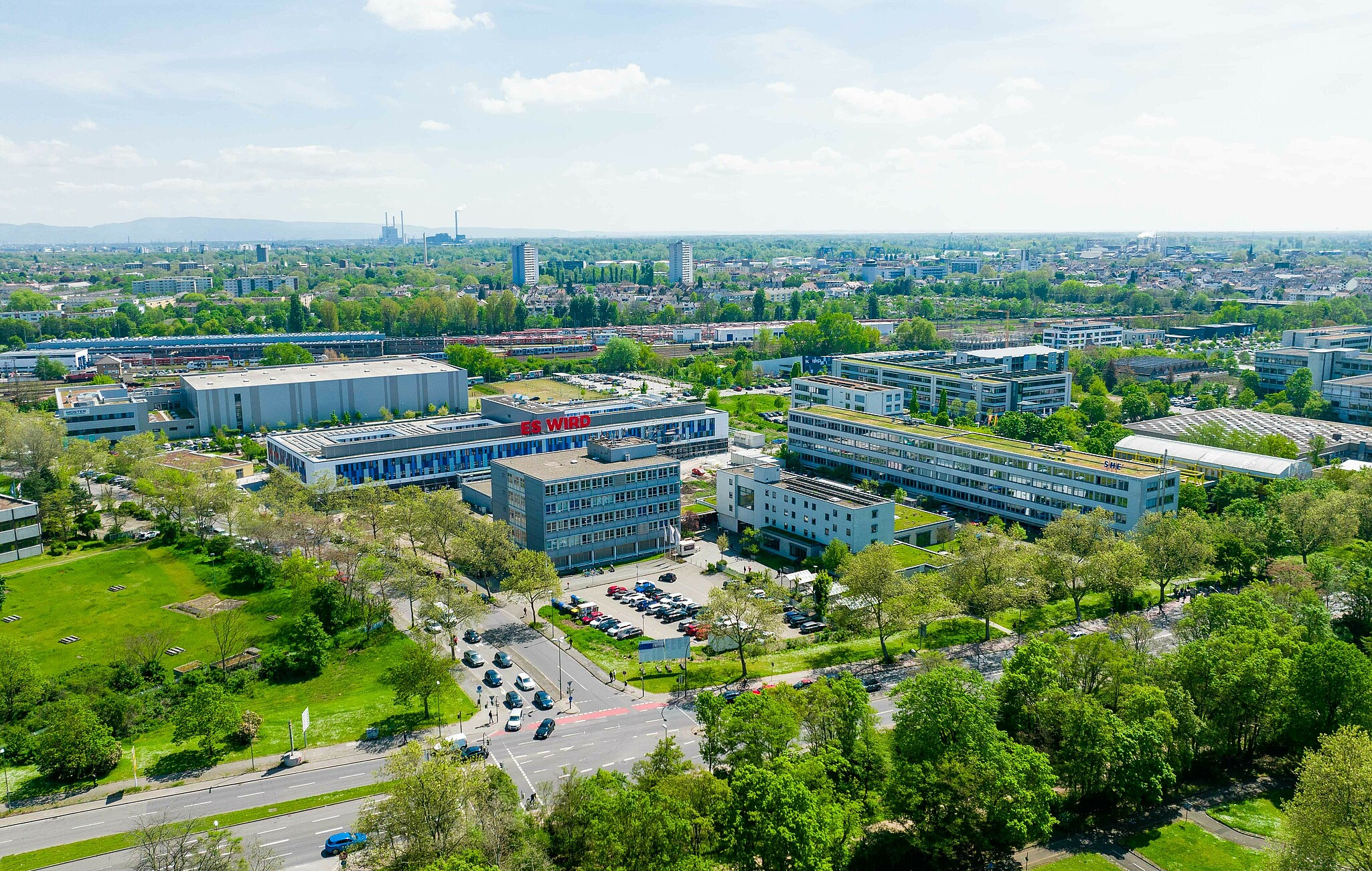Career retention and re-entry of nursing professionals in Schleswig-Holstein
A study commissioned by the Chamber of Nursing Professions Schleswig-Holstein
Study Objective
The aim of the study was to assess the needs of nursing professionals in Schleswig-Holstein for their career continuation. In addition, their recommendations for the re-entry of their colleagues who have left the profession were recorded and the potential for increasing the scope of employment of nursing professionals working part-time was surveyed.
Design & Methodology
Building on the construct of job satisfaction, an online-based standardized survey was designed. The survey was addressed to the members of the Chamber of Nursing Professions Schleswig-Holstein[1]. After development and pretesting of the instrument, the field phase of the study from April to May 2020 was in the shadow of the Corona pandemic in a way that could not be calculated beforehand, against a background that was strongly compressed in terms of time. The evaluation of the extensive free-text feedback took place until March 2021.
Results
Despite the challenging circumstance due to the Covid 19 pandemic, the survey has been opened 2550 times and 1893 records were included in the analysis. Study participants* had an average of 23 years of professional nursing experience, and 77% were women.
After a first descriptive analysis of the data, the survey of the differentiated job satisfaction shows a predominant satisfaction of the study participants with their immediate relationship context to colleagues and direct superiors. The majority of nurses like their job and enjoy their nursing work. It can be seen that both professional experience and scope of employment do not have a significant influence on the extent of job satisfaction. However, the nurses surveyed tend to be dissatisfied with their salary and working conditions, as well as with the organization and management of the facilities in which they work.
When looking at the main reasons for colleagues leaving the nursing profession, the interviewees refer to the fields of working hours, salary and organizational culture. According to their assessment, the fields of working conditions, staff shortages, health, recognition and salary are the most important for potential re-entrants. According to their assessment, the fields of appreciation, working in accordance with one's own professional ethos, compatibility of family and career, organizational culture and personnel development are of decisive importance for potential re-entrants.
Increasing the number of part-time employees is being discussed everywhere as a means of solving the personnel problems in nursing. 51% of respondents work full-time, 49% part-time. The majority of the participating part-time employees are opposed to an increase in their working hours. Respondents report that the work-life balance in particular faces complex challenges at various levels.
The currently prevailing working conditions may lead nursing professionals to consider leaving the profession. This is shown by the unexpectedly extensive entries in the supplementary free fields. This is shown by the unexpectedly extensive entries in the supplementary free fields. In many cases, there are indications that the physical and psychological pressure of suffering caused by the current conditions, the burdened professional ethos and the feeling of a lack of appreciation are the decisive factors. Monetary remuneration is also considered too low. Frequently mentioned are own experiences in the context of nursing work, which can influence the decision to stay in the profession. The situation is exacerbated by the fact that the average age of nursing professionals is currently 45 years, and it becomes even more acute when a not inconsiderable number of respondents state that they are already acutely impaired by health problems.
Conclusions
The high participation rate in the survey and the pronounced and text-intensive input of the integrated free fields indicate that the survey was used by the respondents as a welcome opportunity to communicate their views to the public. This may reflect the fact that there is a lot of talk about nursing and nurses, but not with them. Finally, through the survey with appealing questions, to have the opportunity to express themselves about their own work experience reflects the high interest of the nursing professionals in the survey.
In order to attract nursing professionals to re-enter the workforce in the future, target group-specific needs must be taken up and considered by political actors and employers in the health care sector, as expressed by the respondents with regard to the presumed wishes for their colleagues who are potentially willing to return. At the same time, political actors are alarmed and employers are called upon to take a closer look at the situation of the currently employed and to promote their retention through tailored measures, thus averting the premature exit and impending loss of many highly qualified, experienced, and recently classified as system-relevant, nursing professionals. As the survey shows, the fields of salary, working hours, appreciative organizational and leadership culture, and personnel management need to be looked at more closely for this purpose. All of these factors have an impact on the health and professional values of nursing professionals.
Also of great importance and to be kept in mind is that part-time study participants hardly show any interest in increasing their job scope due to the current conditions.
Conclusion
By improving working conditions, employers not only increase their attractiveness for potential reentrants, but may also create a strong incentive to increase the number of part-time employees. Most importantly, they ensure the retention of currently employed nurses and increase their willingness to maintain current levels of employment.
The full project report, released May 11, 2021, can be found here.
The presentation of the study's release on International Nurses Day 2021 can be found here.
An excerpt with the voices of the nursing professionals from Schleswig-Holstein can be found here.
The presentation of the first study results from 2020 can be found here .
[1] A total of approx. 27,000 nursing professionals are members of the Schleswig-Holstein Chamber of Nursing Professions.


